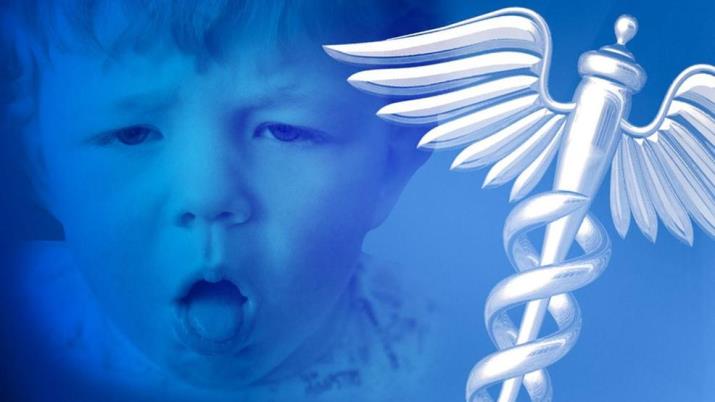A North Carolina county health department has diagnosed a total of 34 cases of pertussis, which is also called as “whopping cough”, in a latest outbreak. The Hendersonville Time-News reported that the Public Health’s Henderson County Department has disclosed its latest count in the outbreak of pertussis, on Tuesday. Initially it reported about 21 cases on 8th December. The health department claims that around 1,000 people in schools and the wider community have been recognized to having a close contact with someone who is suffering from the respiratory disease.
Whooping Cough is a highly infectious respiratory disease. It is generally spread from individual to individual by sneezing or coughing or passing a lot of time with any infected person sharing the same space for breathing.
Young children and babies are in major risk for serious and sometimes even fatal complications, specifically those who have not taken or received all of the suggested doses of the DTaP vaccines. DTaP vaccine is a vaccine that protects against this pertussis disease. As per the Disease Control and Prevention Centres, about the half the number of babies those are less than 1 year and get a pertussis require hospital care for kind of complications like; convulsions, pneumonia, or trouble in breathing.
The CDC states that most of the babies who gets affected by whopping cough gets mostly affected from their parents, older siblings, or caregivers who are may even unaware about the fact of suffering from pertussis.
The best precaution or stay protected from whopping cough is by getting vaccinations, and also by keeping babies and other people who are at high risk from complications of pertussis away from any infected individual.
Local hospitals in the area, along with the Park Ridge Health and Pardee UNC Health Care, have executed restrictions of visitors regarding this outburst. The health department highly recommends people to get vaccinated to stay protected from the whopping cough and also from further spreading the disease.

Jeffrey is acting editor in chief of AmazingNews24 with over seven years of experience in the field of online news under his belt. Jeffrey has worked with multiple media houses and is currently leading a team of journalists, sub-editors and writers through his entrepreneurial endeavours.



